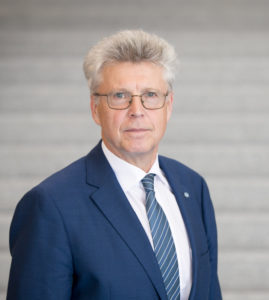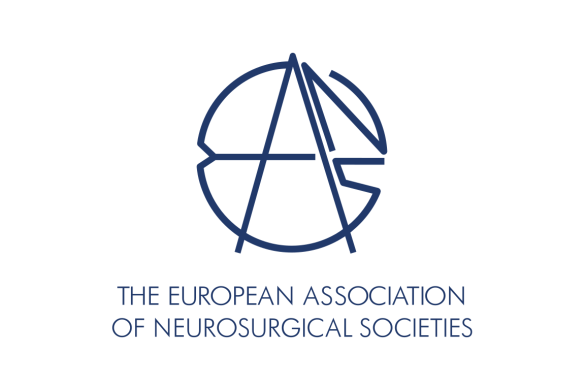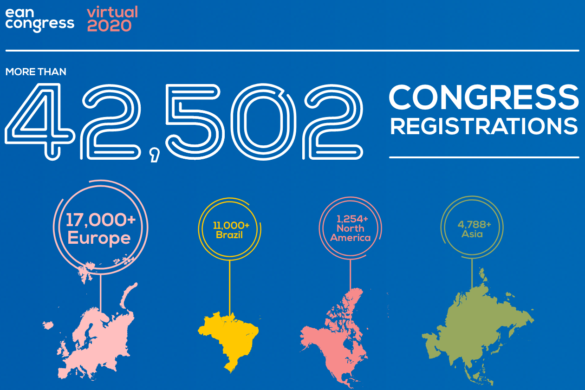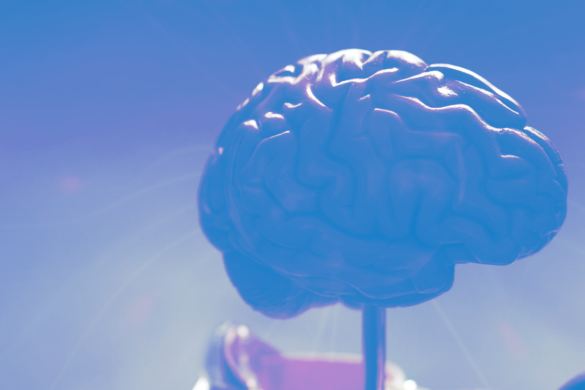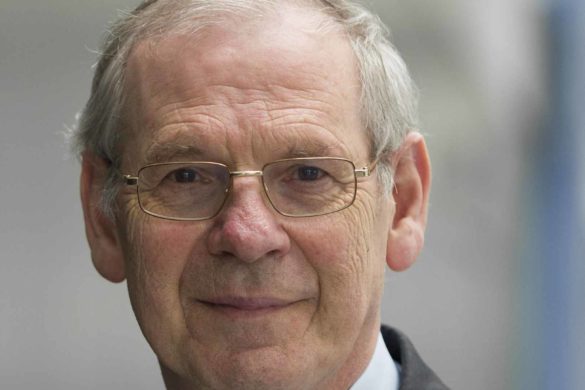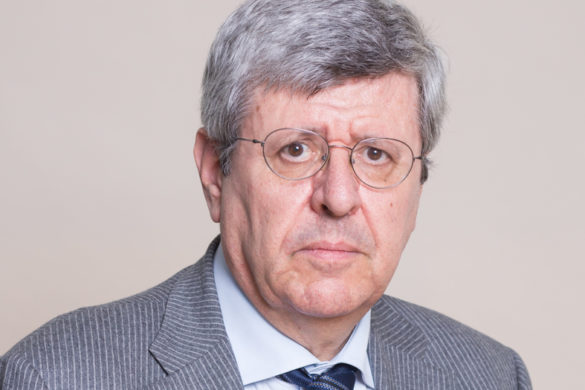by Franz Fazekas
Dear EAN-Members,
Dear colleagues and friends,
I hope that you all had a wonderful and relaxing summer, and that you have regained the energy needed for being successfully back to work after vacation. I always enjoy when the speed and intensity of daily activities reduce a little over summer, and I am sure that such times are also important for rethinking projects, developing new ideas, and enhancing our creativity.
Irrespective of summer time, EAN activities continued in a rather fast pace and many things got accomplished. I am happy to inform you about the appointment of the two members who were still missing on the new Executive Board. These are Prof. Riccardo Soffietti from Turin as chair of the Education Committee, and Prof. Tony Marson from Liverpool as chair of the Programme Committee. Prof. Soffietti has already served EAN as member of the Programme Committee, and his specific area of expertise is neuro-oncology. Prof. Marson is new to EAN. His main area of interest is epilepsy and he has also specific expertise in clinical trials methodology and biostatistics, which is certainly very helpful as he also serves as co-ordinating editor of the Cochrane Epilepsy Group besides his clinical duties and research activities. Thus, EAN Executive Board has now become again a formidable team, and I very much look forward to working with all these brilliant and dedicated people for the future of neurology and EAN.
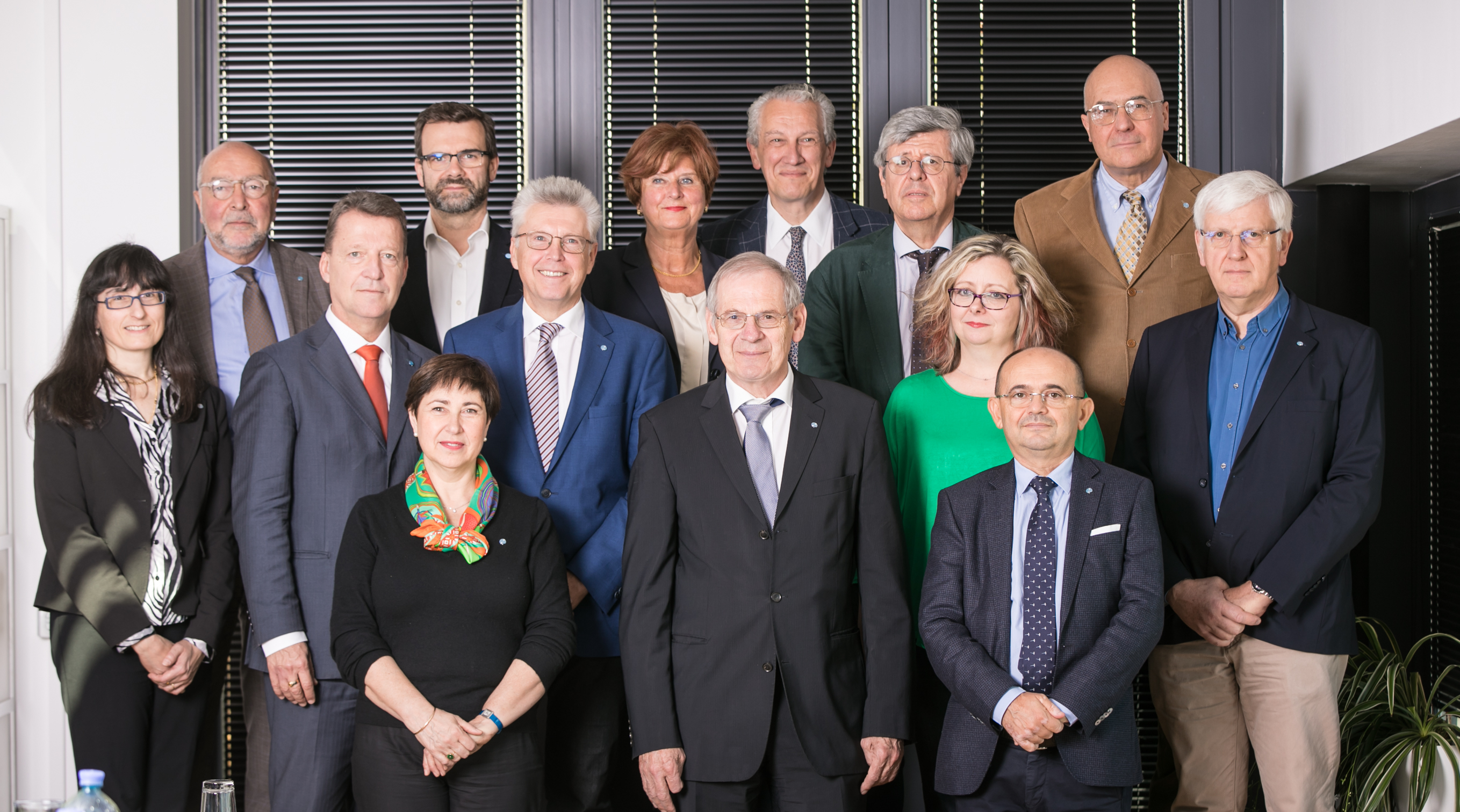
Former and present members of the EAN Board
Since their appointment, Profs. Marson and Soffietti have been engaged in several important activities as the Programme Committee met at the Vienna Head office at the beginning of September to discuss the program for the EAN congress in Oslo next year. I was also present at that meeting and was deeply impressed by both number and quality of the proposals that had been made by the Scientific Panels regarding both teaching and scientific content. This made the selection process for the Teaching Course sub-Committee and the Programme Committee really very difficult, and many good proposals had to be rejected. The Committee did such a great job with mastering these challenges that we all can already look forward to another exciting EAN congress next year. The Committee and I would also like to express our gratitude to those who have prepared these proposals and in parallel to ask for their understanding that only a small number of them could finally be accepted. Despite all efforts of the Scientific Panels still some good educational topics could not been fully addressed by the proposals. Therefore, it was also decided to solicit proposals for specific topics in the future as EAN wants to cover all important neurologic disorders and aspects in a curriculum-like fashion over the years / congresses. The EAN Scientific Panels will supervise this project.
Several neuro-political activities happened during this summer. Amongst those the 68th WHO regional committee for Europe was held in Rome in mid-September. EAN represented neurology in Europe on behalf of the World Federation of Neurology (WFN) and with WFN also supported a statement of the World Stroke Organization (WSO) and the European Stroke Organization (ESO) on the importance of prevention and adequate care for stroke. Awareness of stroke risk factors, therapy and rehabilitation and adequate access for all people in Europe to the constantly improving medical options are necessary to adequately fight the burden imposed by stroke not only in the aging population but also at younger age. Thus, our joint statement calls for immediate development of regional and national strategies to best fight the danger and consequences of stroke. Indeed, large differences in the care for acute ischemic stroke across Europe have recently been highlighted by a survey of national scientific societies and stroke experts in 44 European countries (Aguiar de Sousa D. et al., European Stroke Journal 2018). This survey spearheaded by ESO and in which EAN was involved together with other societies showed large variances in the number of stroke units, of intravenous thrombolysis and of endovascular stroke treatment across Europe. Not unexpectedly, there was a close association between the availability of stroke units and the number of patients receiving specific stroke treatment. Main reasons for not offering these treatments were the lack of trained personnel, of adequate facilities and the costs involved. These data should assist decision makers when implementing tailored stroke care programs. They also support the need for adequate training. To this regard, EAN will do its best to contribute with various educational activities. Finally, these care oriented efforts need to be supported by adequate neurologic research. Fortunately, Europe appears to be on a good way regarding this aspect as shown by another EAN survey (Cruccu G. et al., Eur J Neurol. 2018). Searching for neurological articles published in any journal indexed in “Scopus” and “PubMed”, the overall scientific production from Europe, i.e. considering all published articles, paralleled that from the USA and was higher than in Brazil, China or Japan. Restricting the search to top neurological journals since 2012, European production grew faster than that from the USA. These numbers clearly show that European neurology has the capacity to provide high quantity and quality research and EAN and its members are actively involved in this development.
Kind regards,
Franz Fazekas
Prof. Franz Fazekas is President of EAN

